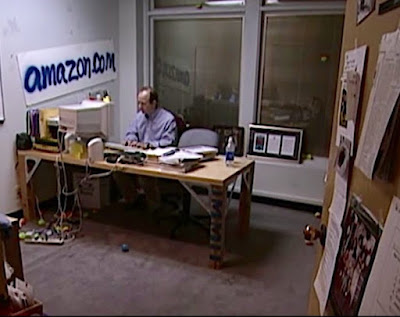Finding the steel rider
As I set down to write a sequence of paragraphs - I promised to myself not to call it a book - on what makes a person today successfully negotiate life and work over the next 20 or 30 years, I should start with an admission: I have nothing new or insightful to say about how such future lives would pan out to be. I simply don't know. Therefore, unlike the other 'books' of this kind, I can't start this project with a confident posture, peppered with quotations from McKinsey, PwC or the World Economic Forum. Not that I don't find what they publish useful, but they are useful to me for a different reason. I don't look so much into the Executive Summary and the bold claims these make, but more to the footnotes and the methodology they followed. The methodology often tells a story very different: That these reports, presented as guides for the future of humanity, reflect the views of a very small number of people, drawn from mostly similar backgrounds. They reflect a...








